History Alive! Chapter 43: Segregation in the Post-World War II Period 낱말 카드 | Quizlet
1/15
There's no tags or description
Looks like no tags are added yet.
Name | Mastery | Learn | Test | Matching | Spaced |
|---|
No study sessions yet.
16 Terms
Plessy v. Ferguson
the 1896 Supreme Court case that established the controversial "separate but equal" doctrine by which segregation became legal as long as the facilities provided to blacks were equivalent to those provided to whites
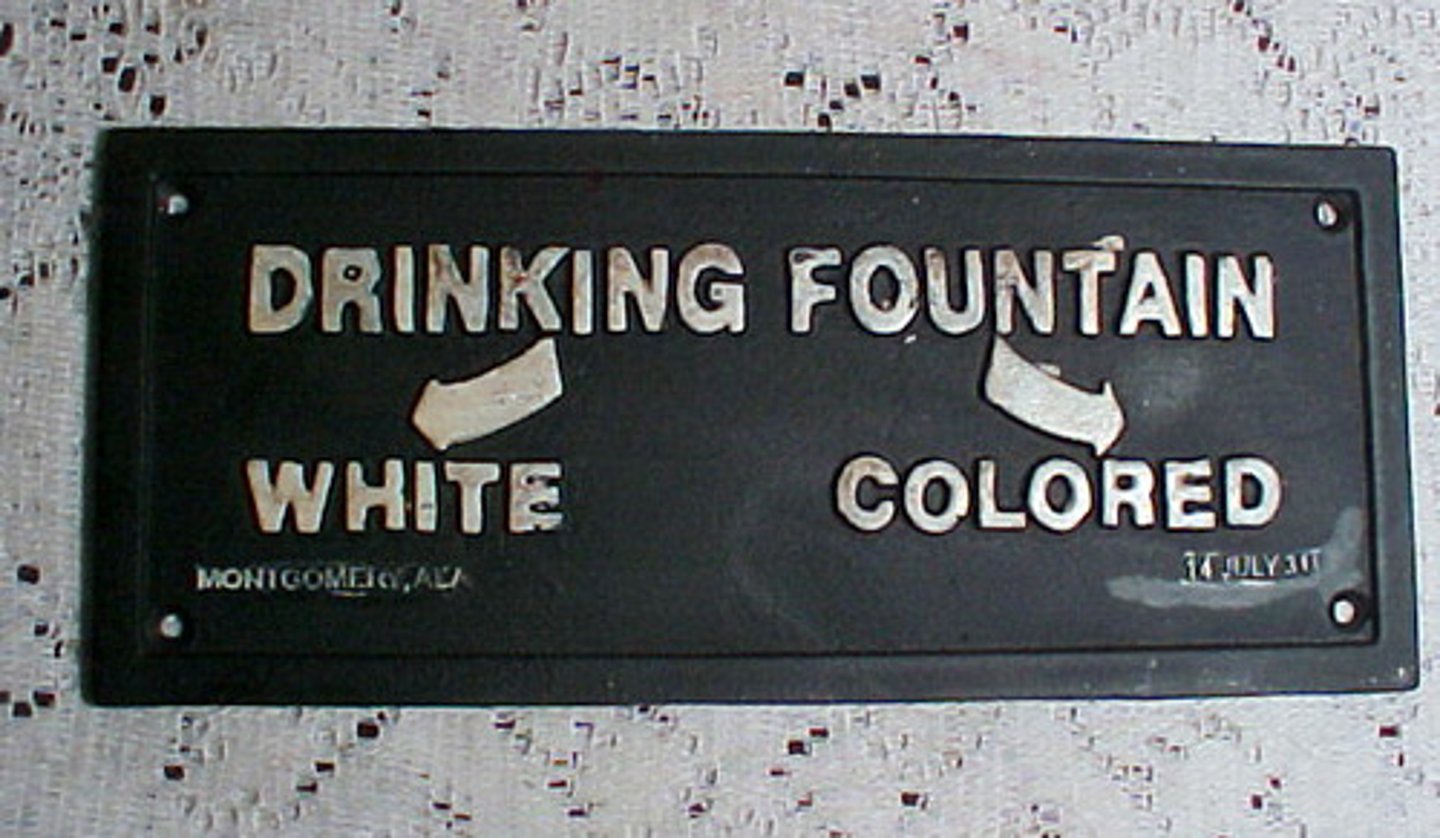
de facto segregation
segregation established by practice and custom, rather than by law
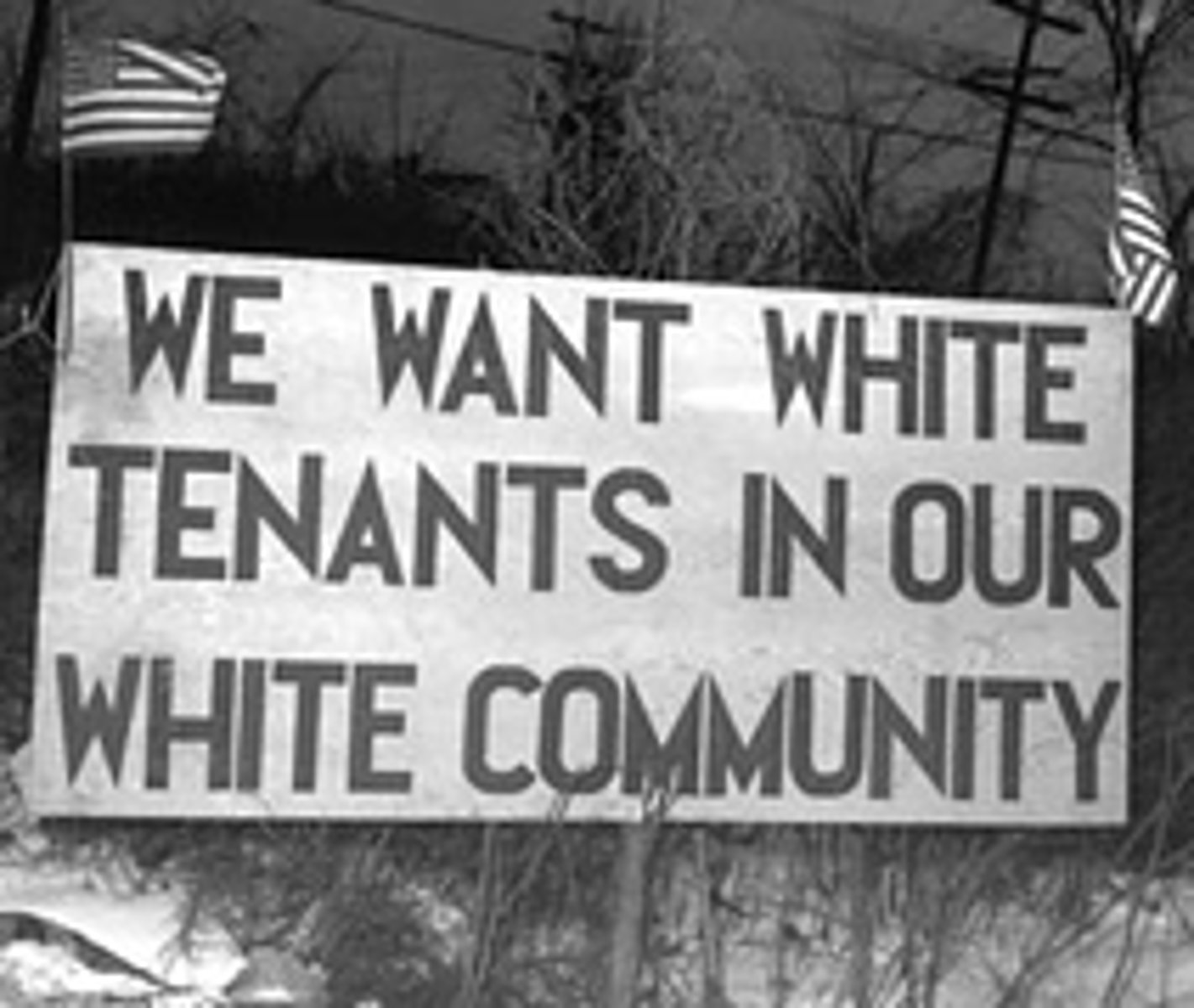
de jure segregation
segregation by law
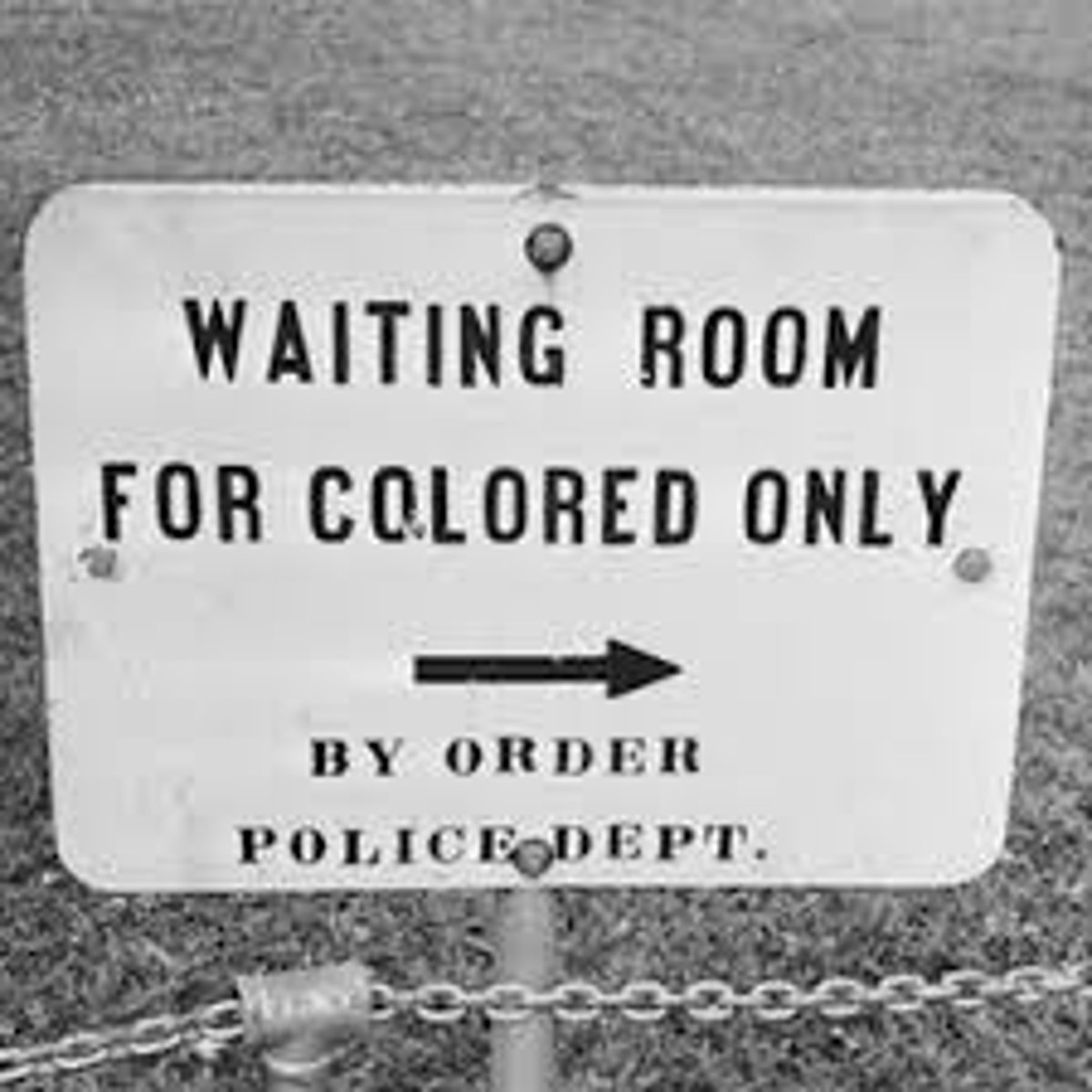
restrictive covenant
an agreement among neighbors not to sell or rent to African Americans or other racial minorities
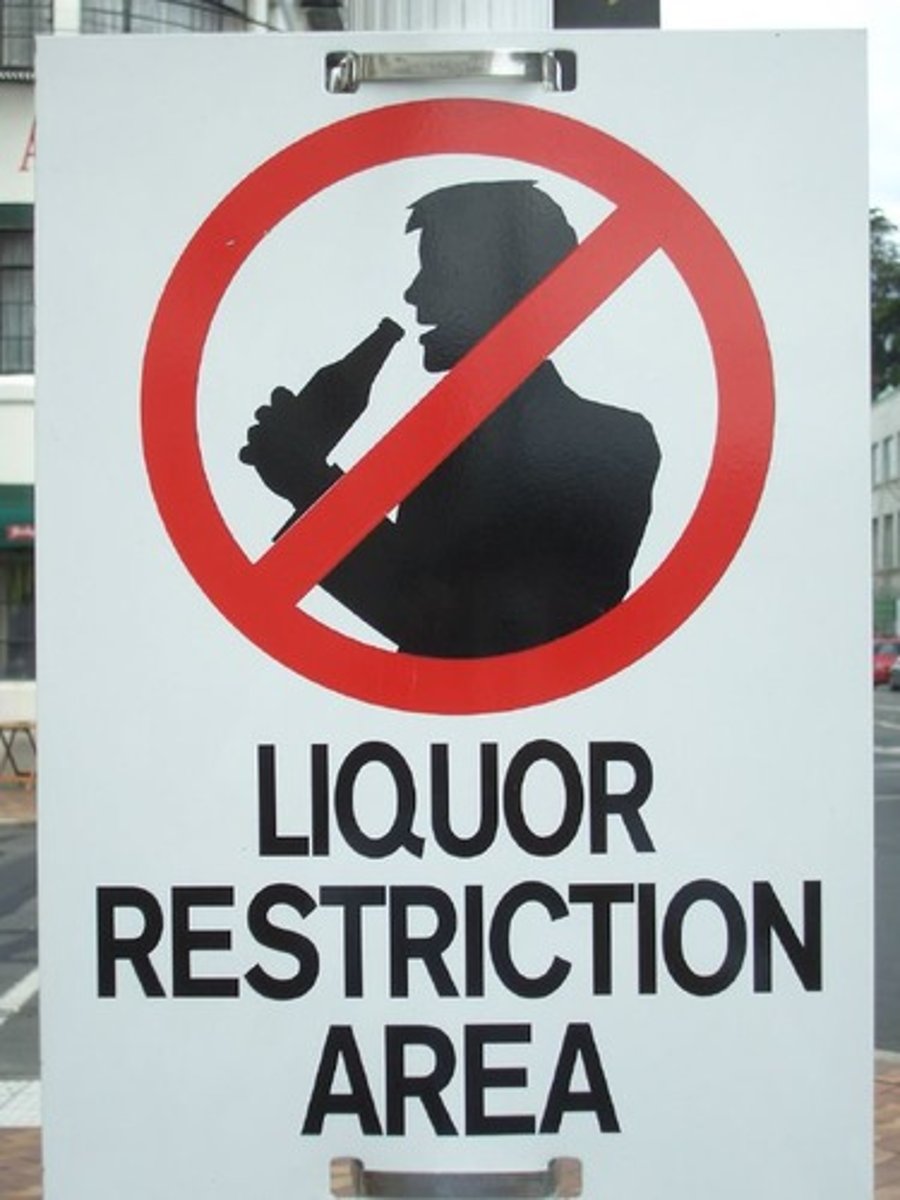
racial zoning
local laws that defined where the different races could live

miscegenation
interracial marriage
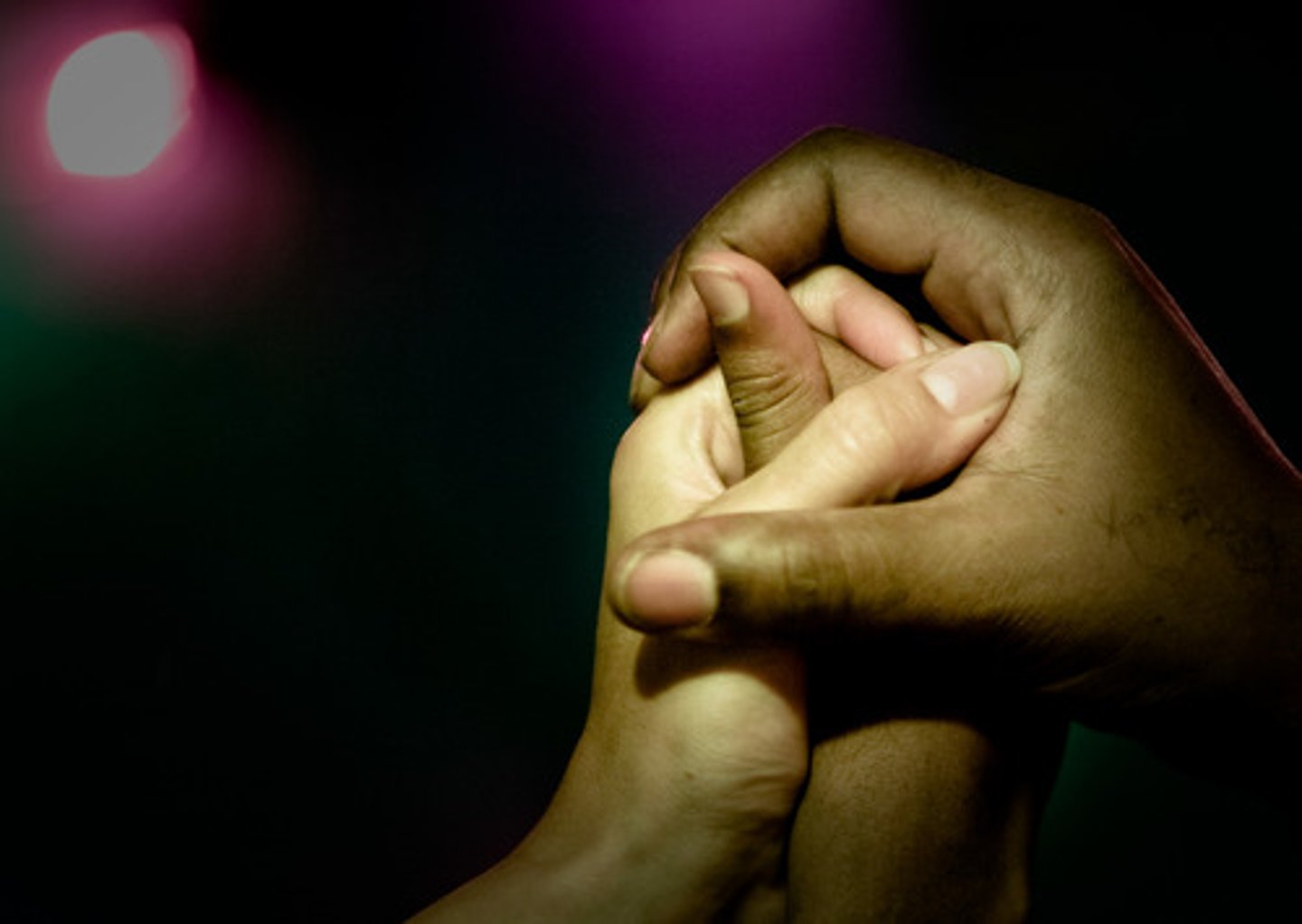
disenfranchise
to deny voting rights

white primary
a primary election in which only whites could participate
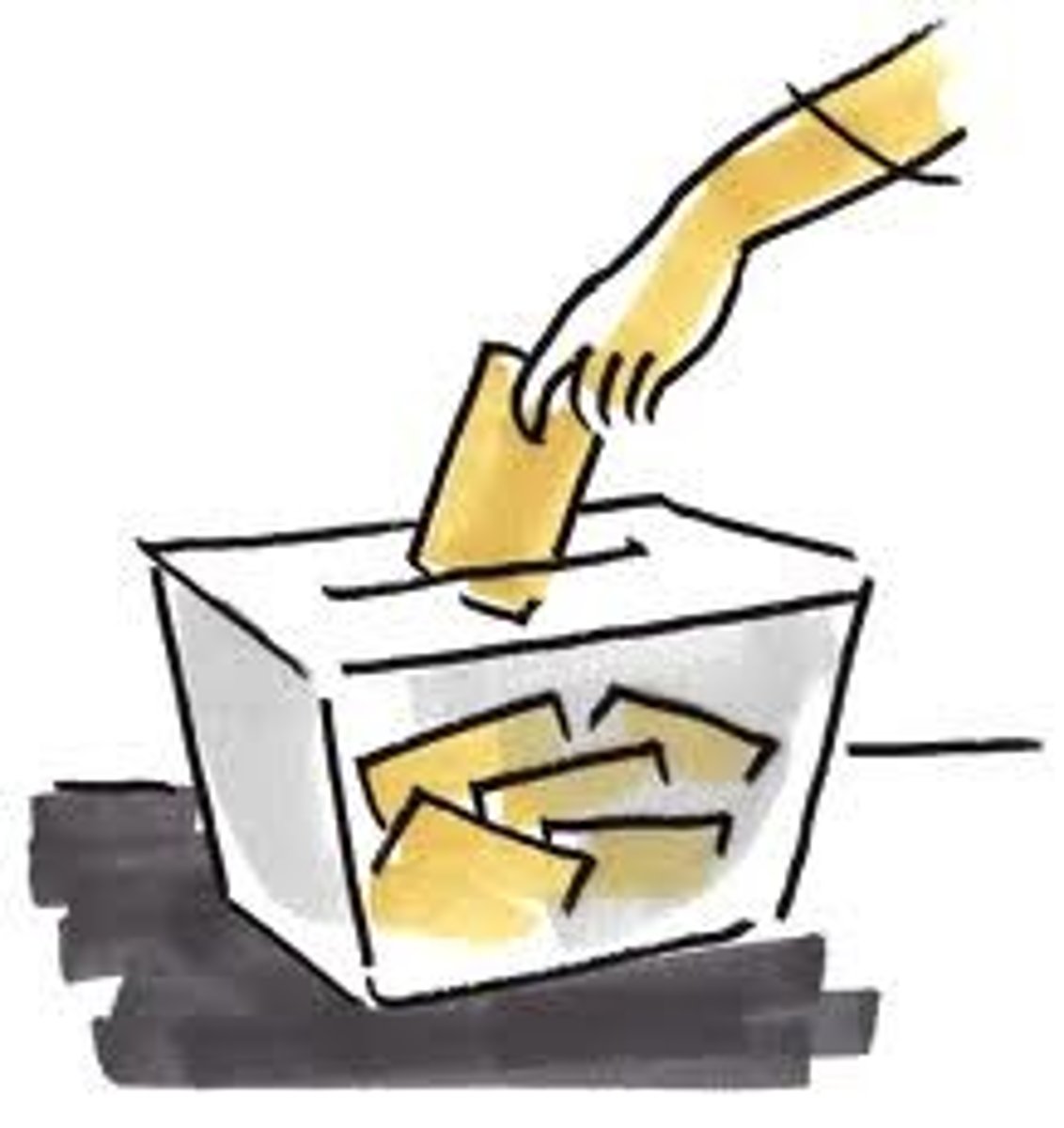
gerrymandering
the practice of redrawing the lines of a voting district to give one party or group of voters an unfair advantage
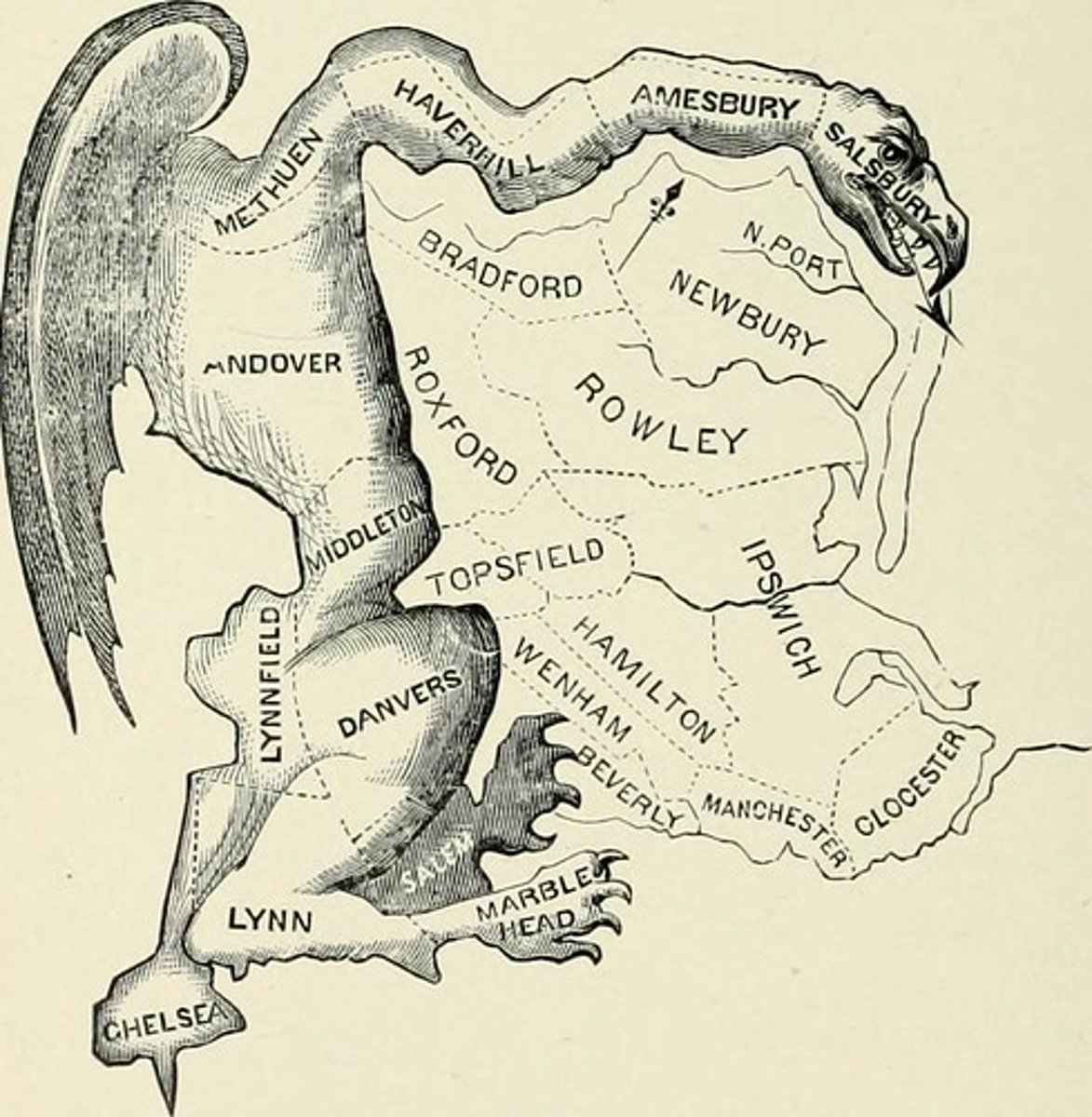
color line
a barrier--created by custom, law, and economic differences--that separated whites from nonwhites
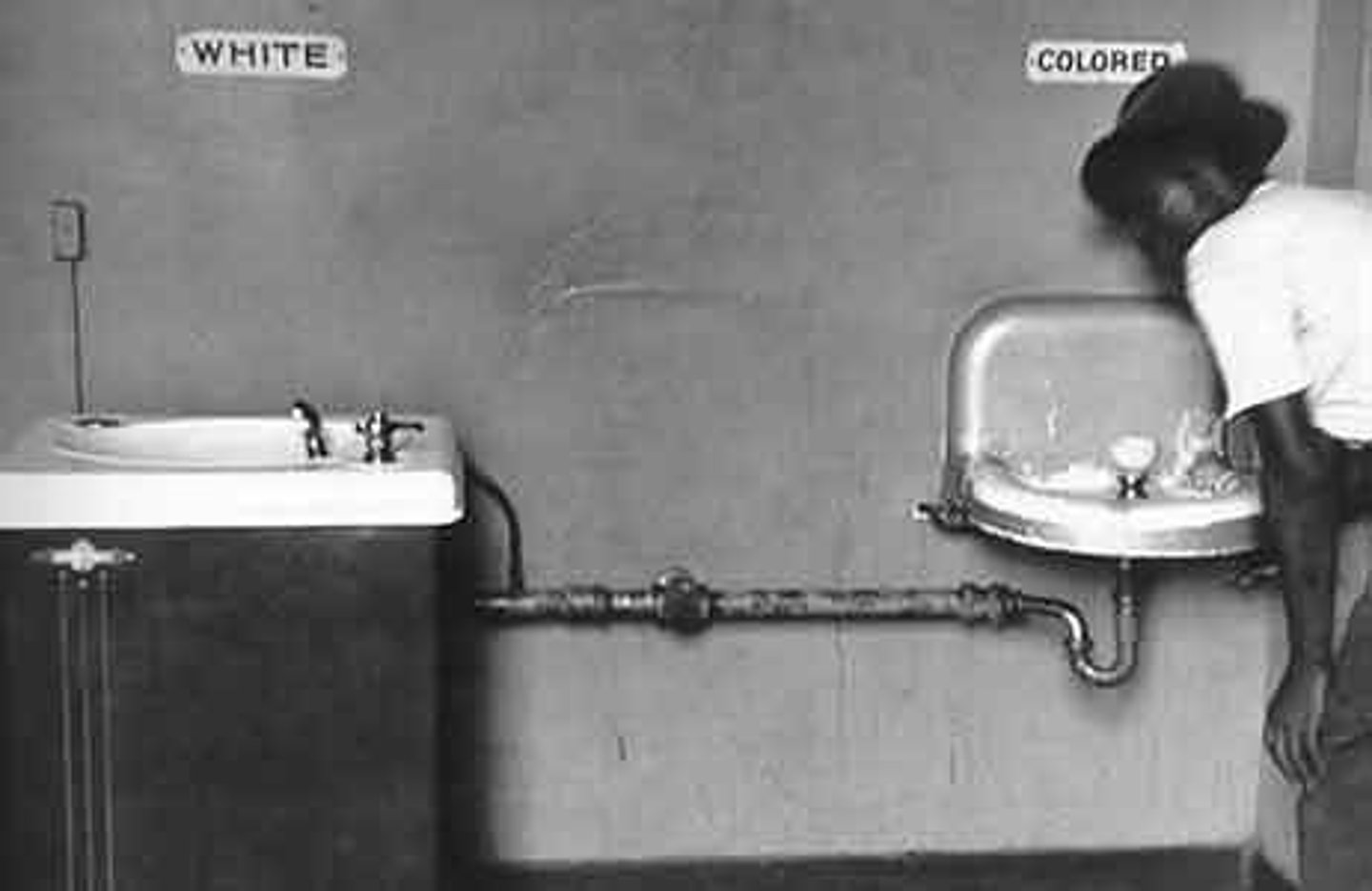
Executive Order 9981
an executive order issued by President Harry S. Truman in 1948 ending segregation in the military
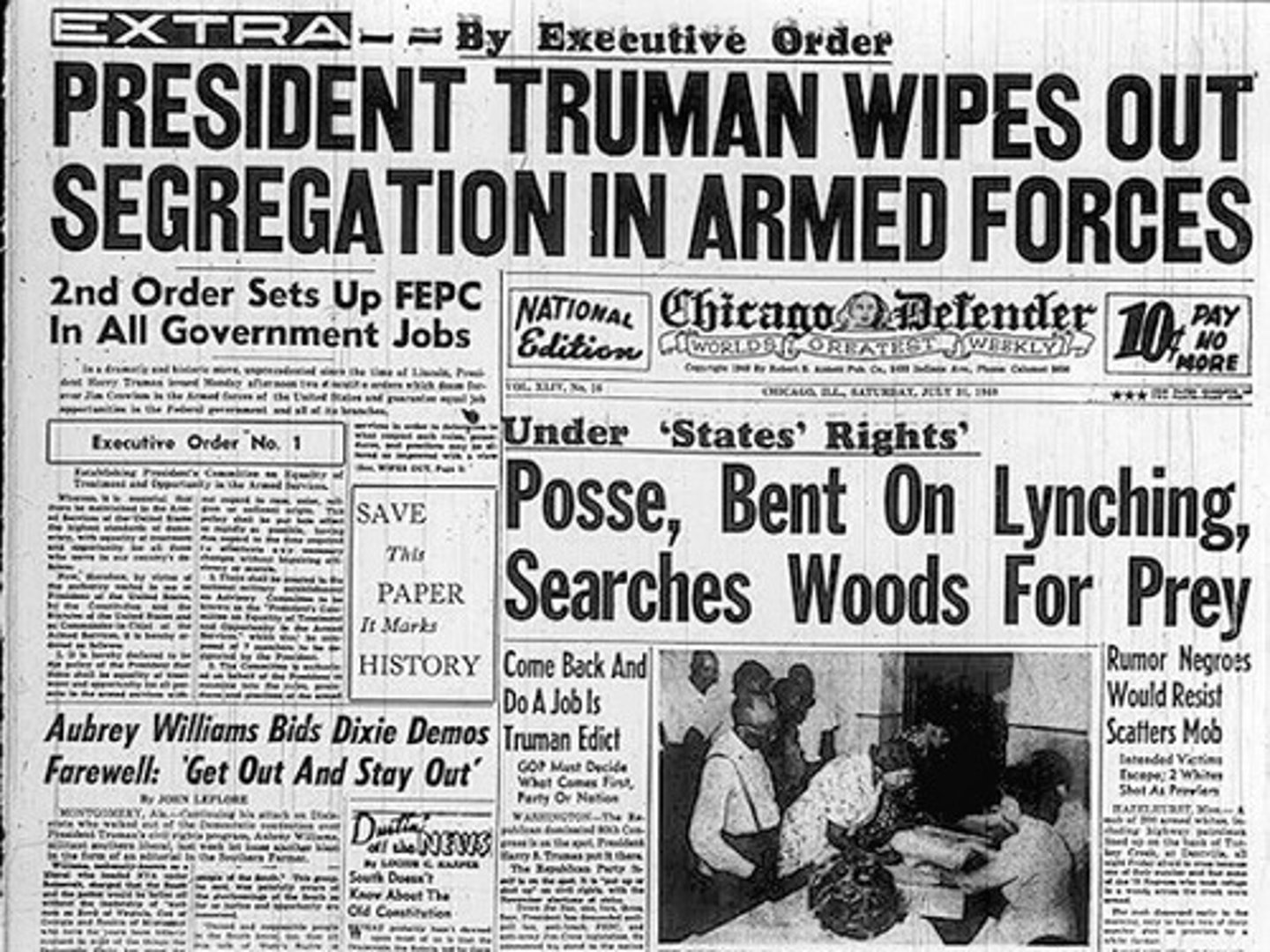
Congress of Racial Equality (CORE)
an organization founded in 1942 that was dedicated to civil rights reform through nonviolent action
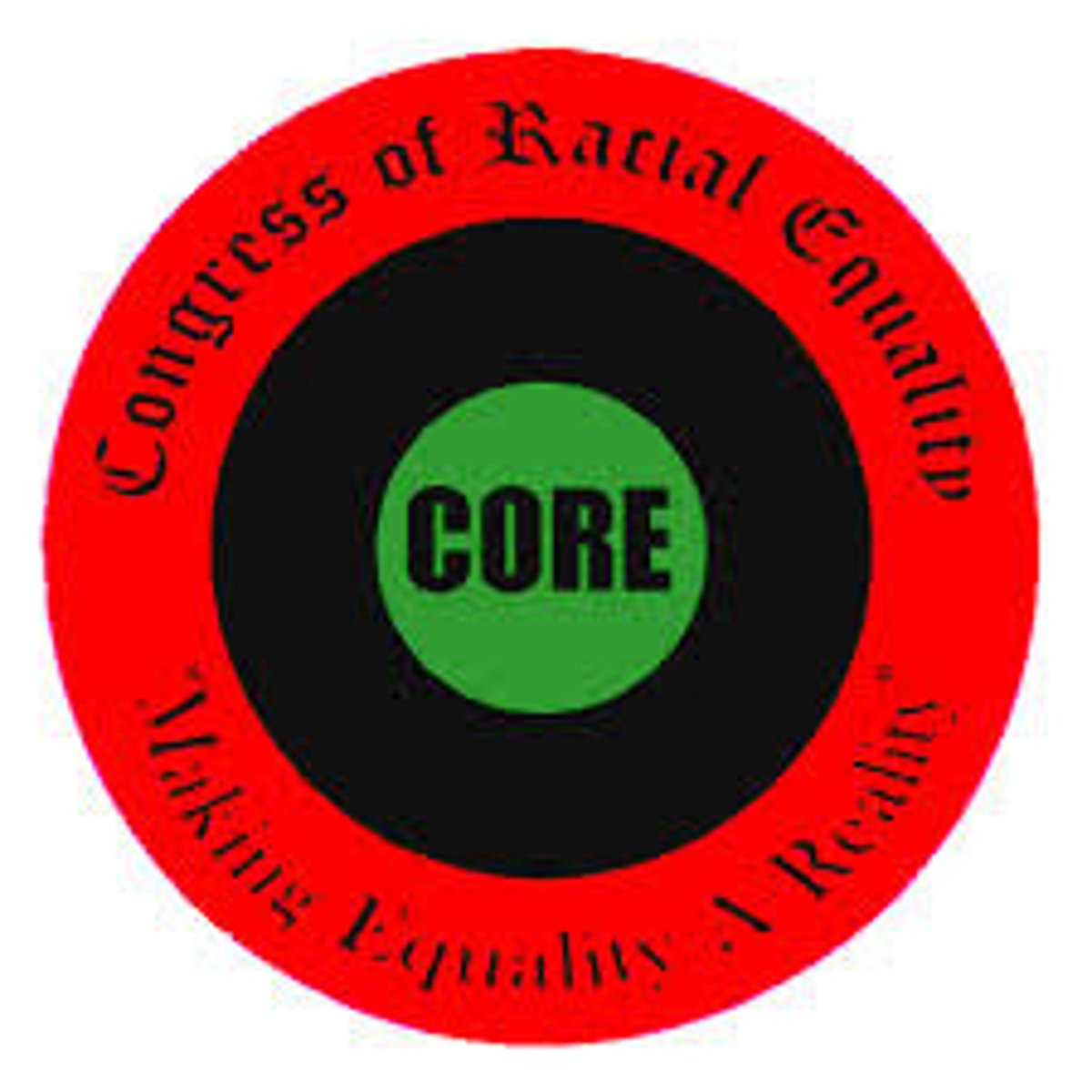
Shelley v. Kraemer
United States Supreme Court case which held that courts could not enforce racial covenants on real estate

Brown v. Board of Education
the 1954 Supreme Court ruling declaring that segregation in public schools was unconstitutional
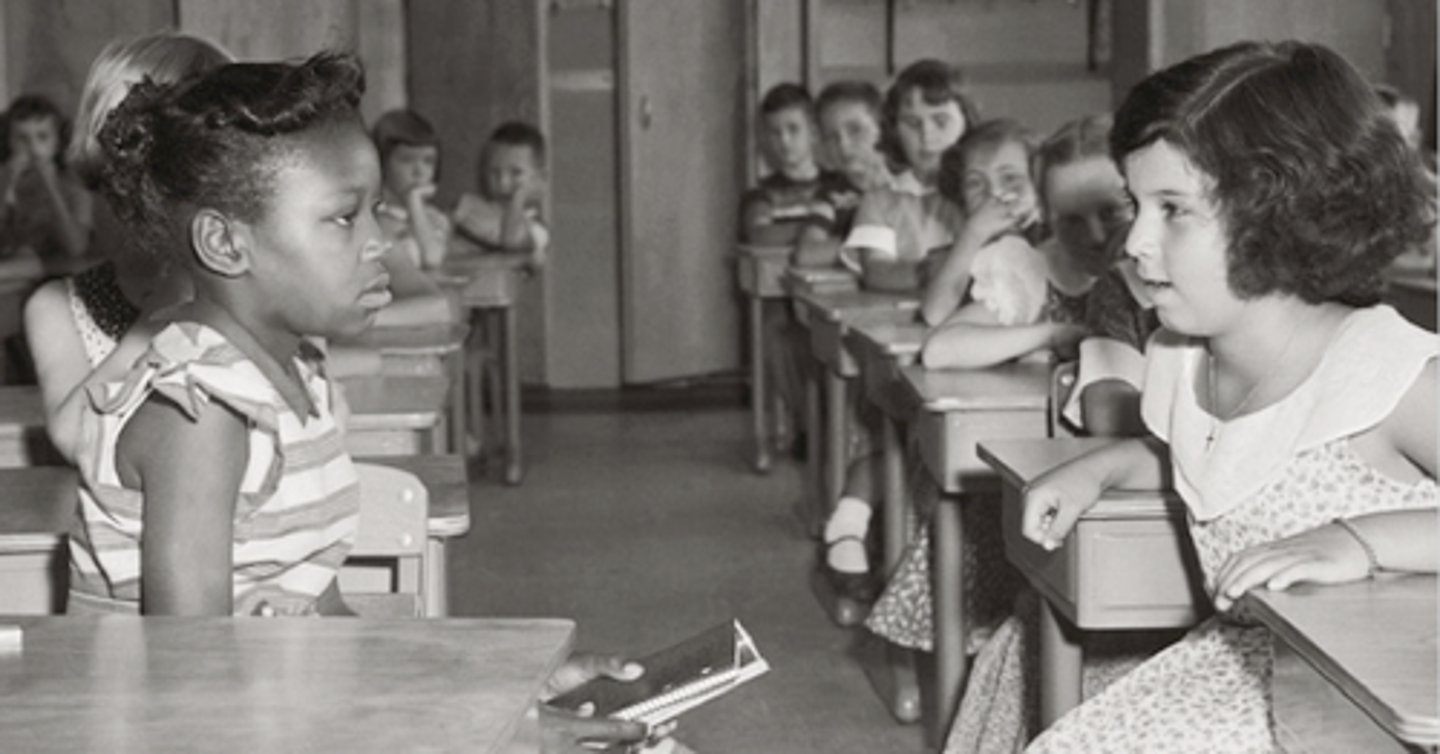
Warren Court
the Supreme Court under Chief Justice Earl Warren from 1953 to 1969, known for its activism on civil rights and free speech
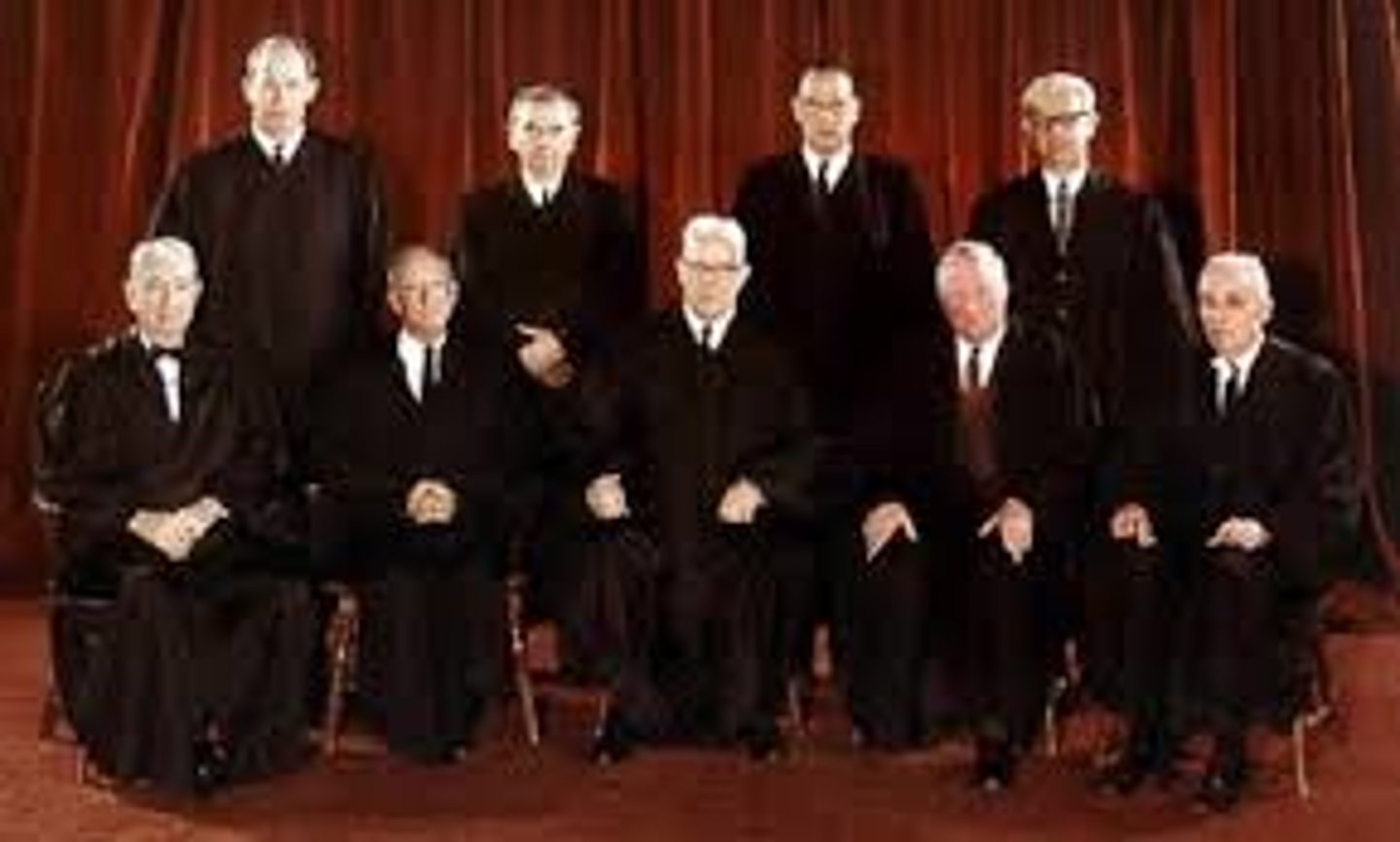
Black Monday handbook
handbook referring to the day the Supreme Court handed down the Brown decision